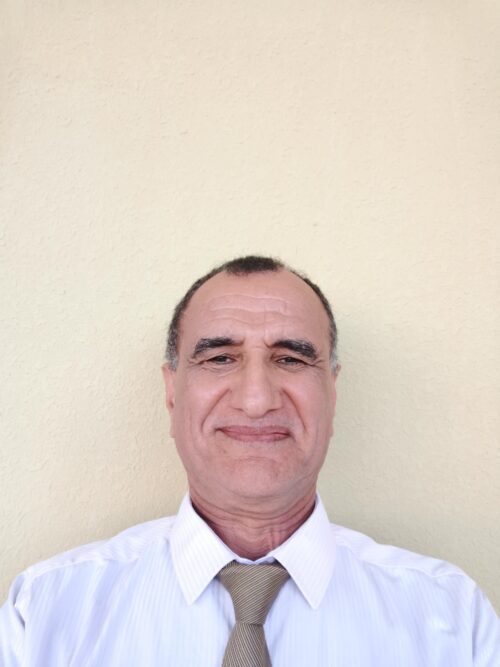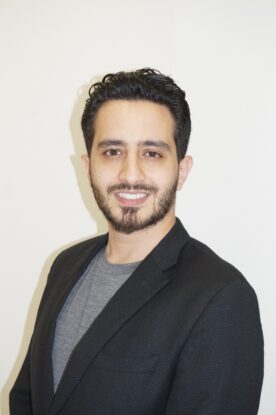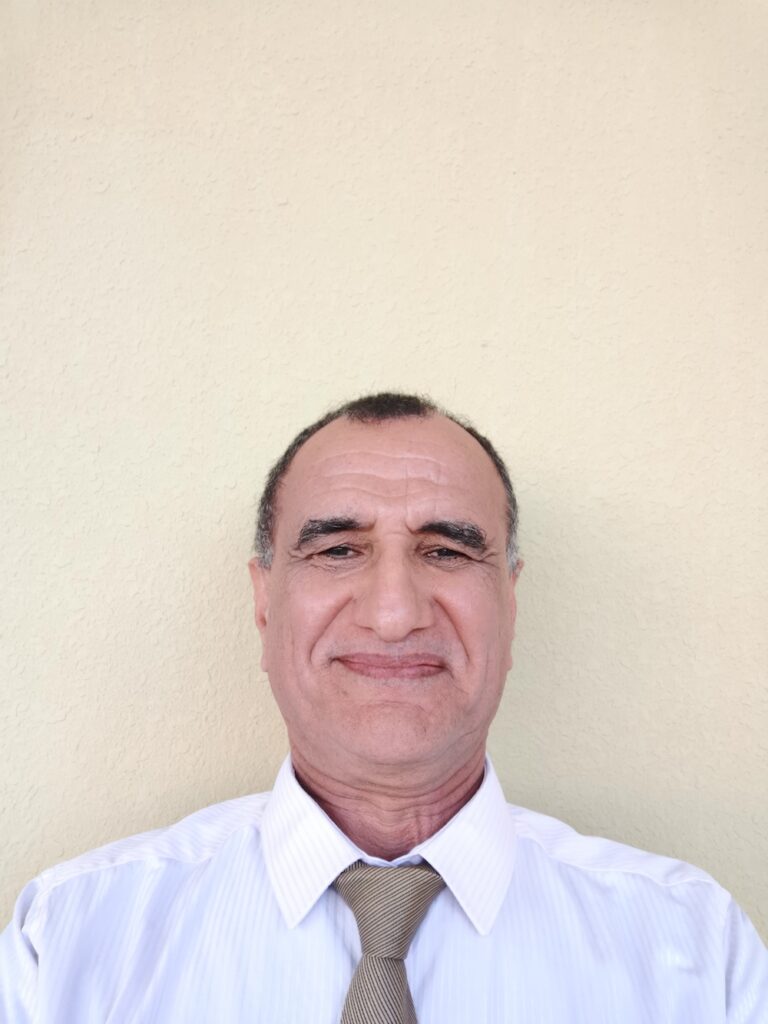The UAE was recently recognized for its leadership within the ICT sector by the Global Innovation Index Report 2020. The country was placed first in the Arab world for its ICT Pillar, ICT Access indicator, and ICT Use Indicator. Achieving this tremendous feat is definitely commendable, but it’s essential to recognize that this resulted from years of hard work. The seeds of this dream were sown back in 2014 when HH Sheikh Mohammed bin Rashid Al Maktoum, Vice President and Prime Minister of the UAE, and the Ruler of Dubai, announced the ICT Strategy 2021.
Over recent years, the UAE proved to be a forward-thinking, technology-driven country by leading the charge of inspiring innovation, applying advanced technologies, and digitalization across multiple industries. In addition to the rapid digitalization of government departments, the country leveraged new technologies like 5G, cloud computing, Artificial Intelligence (AI), and blockchain to build its digital economy. In his recent address, HH Sheikh Mohammad stressed the need to increase the digital sector’s contribution to the national economy and promote smart infrastructure across the nation. He highlighted how the digital economy could be a key catalyst for economic growth across new sectors and improve our nation’s competitiveness. In 2019, the digital economy contributed 4.3 percent to the country’s GDP, and the UAE is keen to prioritize further growth of the sector.
One of the critical technologies that will empower the UAE’s digital economy is AI. This technology can be applied to almost every industry in the UAE, from automotive, healthcare, education, banking, or manufacturing. AI’s application across sectors can be further enriched by integration with other technologies like the Internet of Things (IoT), cloud computing, Augmented Reality (AR), and big data. These technologies can work together seamlessly to create the correct operating infrastructure for AI. The application of AI can generate incredible business and social value for our society and unleash our digital economy’s full potential. For instance, AI can be leveraged within the healthcare sector to provide an accurate assessment of patients’ reports and scans, reducing the burden on manual labor and human error.
Recognizing the immense untapped potential of AI, the UAE was the first country in the world to announce the appointment of a Minister of AI. In another world’s first, the country announced an AI strategy that aimed to enhance government performance and promote this technology’s innovative applications across multiple domains. AI can play a fundamental role in strengthening the UAE’s digital economy, but one important factor needs to be addressed to fulfill the UAE’s ambition – talent.
To develop future ICT leaders of the UAE, our world-class education institutions need to leverage partnerships with global technology leaders. For instance, the University of Dubai has a strategic partnership with Huawei to nurture and equip our ICT students with the necessary knowledge and skills to apply technology across different industries successfully. Our collaboration with a global ICT leader like Huawei enables our students to gain advanced industry knowledge, learn best practices from industry practitioners, and, most importantly, learn first-hand the practical applications of technologies like AI and cloud computing. This would help them be better prepared to join the ICT workforce and contribute to the UAE’s digital economy in the future.
With the UAE being a hub of technology innovation, we have easy access to global technology giants, and we must take advantage of this. Partnerships between government entities, academia, and private sector technology enterprises will help us nurture the UAE’s ICT talent ecosystem. This will ultimately help us build the future ICT leaders who can help the UAE realize its ambitions of a booming digital economy.










